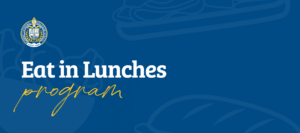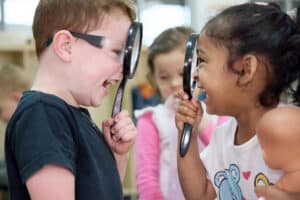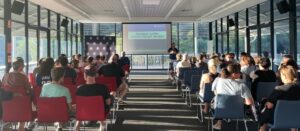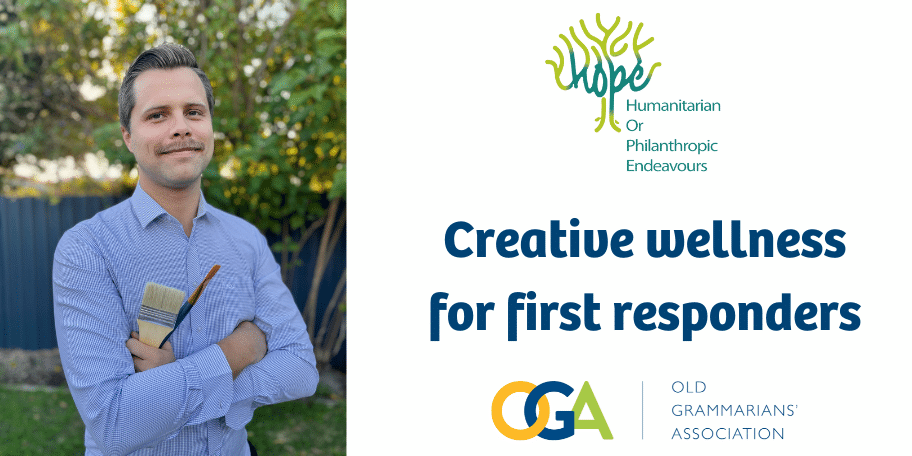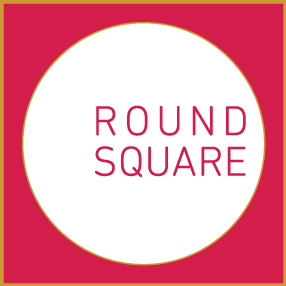During his 12 years as a Police Officer, Det. Senior Constable Evan Jackson from the Class of 2010 has experienced the unprecedented hardships that First Responders in the WA community face.
“I have served at country police stations, in suburban detective offices, with the Child Abuse and Homicide squads, and experienced first-hand the horrors that first responders face on a daily basis,” he said.
For Evan, his attendance at the suicide of an 18-year-old boy, found by his mother on her 50th Birthday, in 2012, stuck with him.
“For some reason, despite the many other desperately tragic scenes I attended since, this one really stuck with me,” he commented.
He decided to take a creative approach to his trauma and purchased a pack of pencils.
“I sat down and drew my memory of the event,” Evan said. “I got it off my chest and onto the canvas, and as I did so, I felt the tension melt away. When I researched what ‘it’ was that I had just discovered, I found ‘it’ was called Creative Wellness.”
“Our first responders often find themselves in highly stressful situations which can lead to them being at high risk of mental health problems,” Evan commented. “Recent research has shown they experience rates of PTSD at twice the rate of the general adult population.”
“For many, finding ways of decompressing and relieving stress can be difficult, as many of us are time poor, juggle shift work and just simply don’t know where or how to access the right outlets. Many first responders can resort to coping mechanisms that can be harmful, which in the end, is not good for them or the community they are trying to serve,” he continued.
“The concept of using creative forms of expression such as drawing, painting, sculpting or other creative art forms to help with mental health has been around since the 1940s,” he reported. “Having benefitted from attending an art activity myself, I wanted to offer something similar for my colleagues.”
He met with Dr Janelle Hawes, Chief Psychologist of WA Police, who was supportive of a pilot project, which would test the merits of a non-clinical, peer driven creative wellness project. The Creative Wellness Program for First Responders was born, and the pilot program ran in late 2022.
Evan spent 12 months sourcing funds, researchers, volunteer instructors, donations of material, equipment, food, and venues to bring his project to life. He liaised with many stakeholders and in the end, was humbled by the amount of support there is for the First Responder community.
The OGA Hope Program was one of the organisations which provided the seed funding to help Evan get his pilot project off the ground.
“We had 94 participants attend 14 workshops run by 10 artists,” Evan reported. “The evaluation of the program conducted by academic researchers indicated the program was very successful in achieving its aim of supporting the mental health and wellbeing of those who participated- all first responders from the WA Community.”
So what is the future for the First Responders Creative Wellness project?
“The evaluation report clearly indicated a successful outcome. I am hoping that it is the start of something very positive for the First Responder community and have recommended that it should be developed and continue. I think it is a simple and effective way to build a positive culture toward mental well-being, and create a sustainable and healthy workforce, to ensure we can provide the best possible service to our communities for years to come,” Evan concluded.


